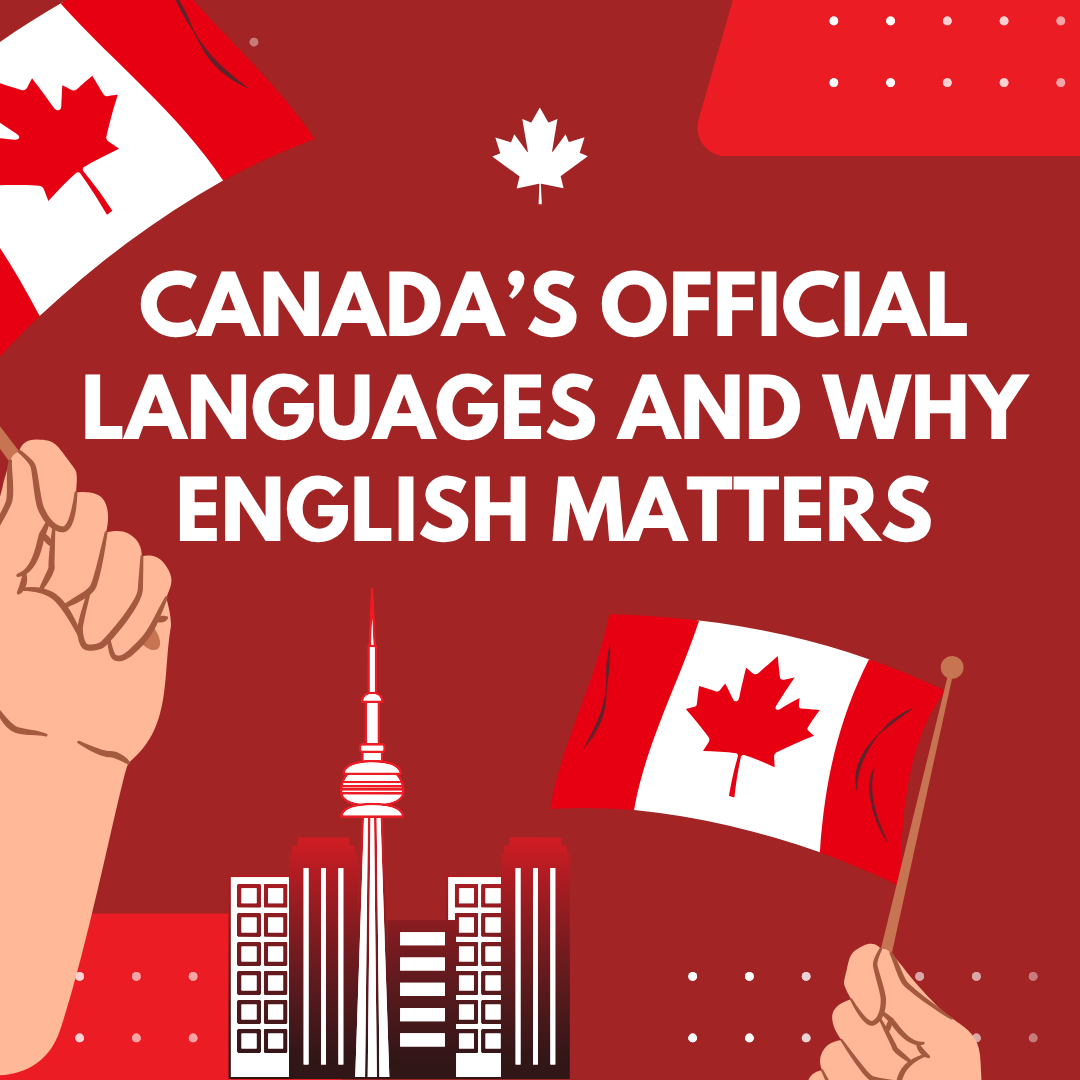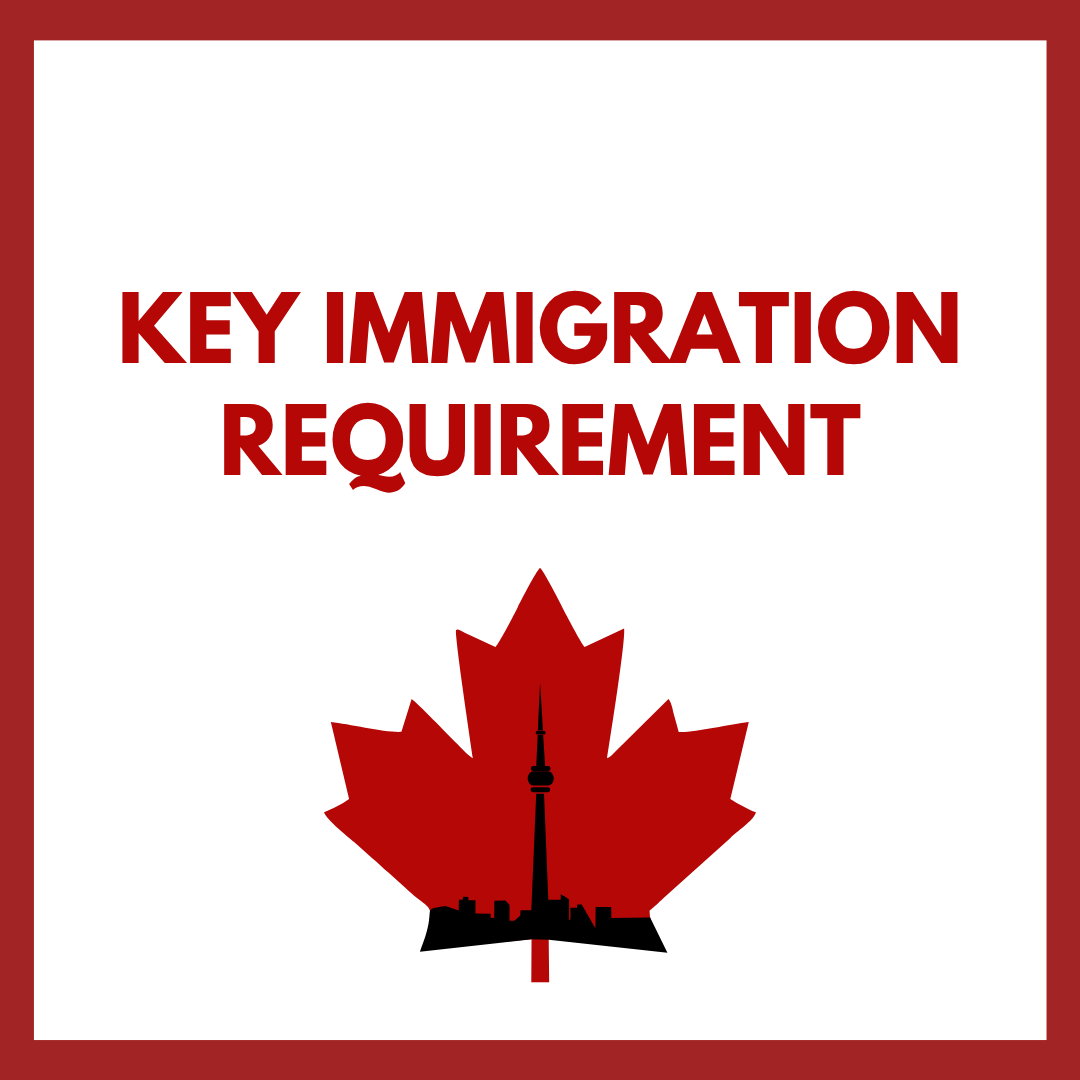WHY LEARNING ENGLISH SO IMPORTANT FOR YOUR IMMIGRATION JOURNEY TO CANADA?
Immigrating to Canada is a complex process that requires planning, preparation, and strategic choices. One of the most decisive factors in determining whether you succeed is your language proficiency. English, together with French, is an official language in Canada, and mastering it is not only an advantage—it is often a requirement for study permits, work opportunities, and permanent residency.
Canada’s Official Languages and Why English Matters
According to the Canadian census, English remains the most widely spoken language across the provinces and territories, with French being predominant in Quebec and parts of New Brunswick. For newcomers settling outside Quebec, English is the main language for employment, education, and community integration.
Being fluent in English allows you to:
•Navigate immigration processes and official documentation.
•Communicate effectively with employers, teachers, and healthcare providers.
•Access education at colleges and universities.
•Integrate into Canadian society and avoid the social isolation that language barriers often create.
Language Proficiency as a Key Immigration Requirement
Most immigration programs in 2025, including Express Entry and Provincial Nominee Programs (PNPs), require proof of language proficiency. The government uses the Canadian Language Benchmarks (CLB) or Niveaux de Compétence Linguistique Canadiens (NCLC) to evaluate your results.
Your performance in four areas—reading, writing, listening, and speaking—directly impacts your Comprehensive Ranking System (CRS) score. High language scores can contribute up to 290 points, making it one of the most influential factors in determining whether you receive an invitation to apply for permanent residency.
Which Language Tests Are Accepted in 2025?
To prove your English level, Immigration, Refugees and Citizenship Canada (IRCC) recognizes the following exams:
• IELTS General Training (International English Language Testing System)
• CELPIP General (Canadian English Language Proficiency Index Program)
• TOEFL iBT (Test of English as a Foreign Language – Internet-based Test)
• TOEFL Essentials (shorter, adaptive version now increasingly accepted)
For French, accepted options are TEF Canada and TCF Canada.
Each program sets its own minimum CLB/NCLC requirements, but the higher you score, the stronger your profile becomes.
Advantages of Strong English Skills Beyond Immigration
Speaking English goes far beyond fulfilling immigration requirements. It has a direct impact on your adaptation and professional success in Canada:
• Employment Opportunities: Employers prefer candidates who can communicate effectively in the workplace.
• Higher Earnings: Studies by Statistics Canada show that newcomers with strong English fluency earn significantly higher incomes than those with limited skills.
• Access to Services: From visiting a doctor to signing contracts or resolving legal matters, English fluency makes daily life smoother.
• Education Pathways: Proficiency opens doors to graduate programs and professional certifications.
• Social Integration: English helps newcomers build relationships, join community networks, and feel fully included in society.
• Citizenship Applications: To apply for Canadian citizenship, you must demonstrate proficiency in English or French.
ENGLISH IS THE KEY THAT UNLOCKS OPPORTUNITIES
If you are planning to immigrate, start improving your English skills early. Enroll in certified courses, practice all four language abilities, and take mock exams. Understanding which immigration pathway you intend to pursue will also help you choose the right test—whether IELTS, CELPIP, or TOEFL.
Language proficiency is not just a requirement—it is the foundation of your success in Canada. Whether your goal is to secure a better job, pursue higher education, or integrate into Canadian society, English is the key that unlocks opportunities.
At Global Opportunities, we guide you in understanding the role of language in your immigration process, help you prepare for the right exams, and design a strategy that maximizes your chances of achieving permanent residency.





